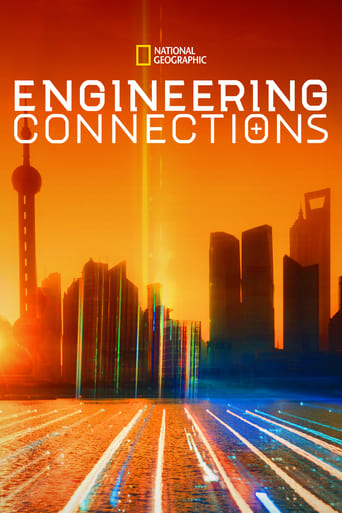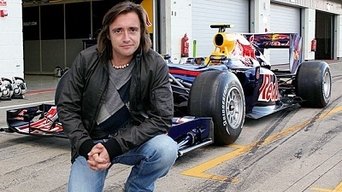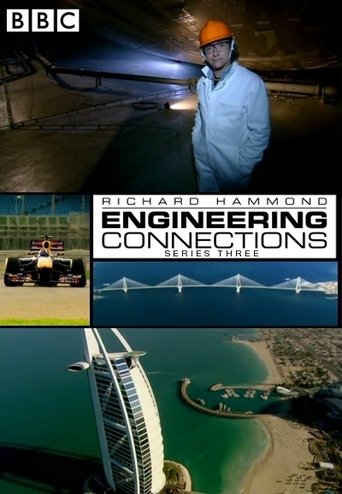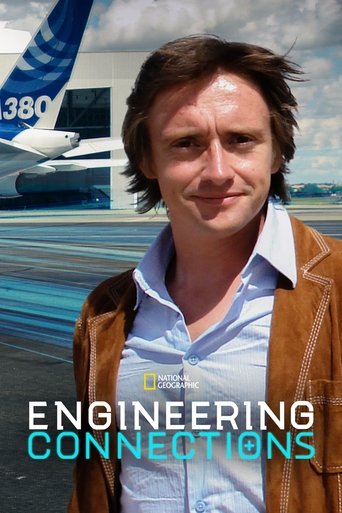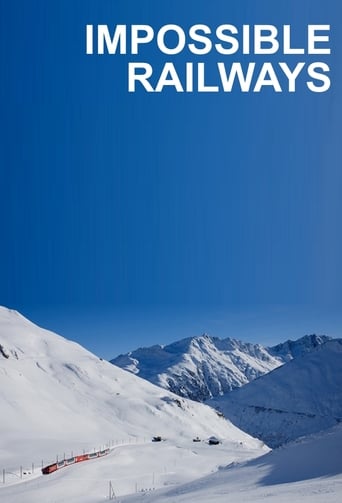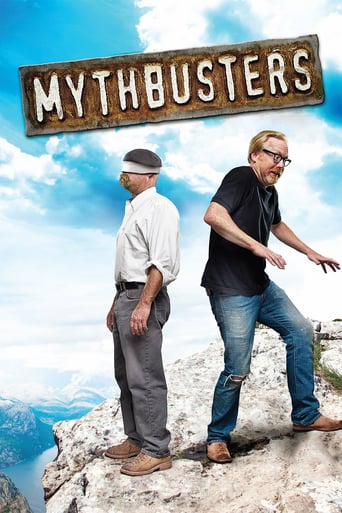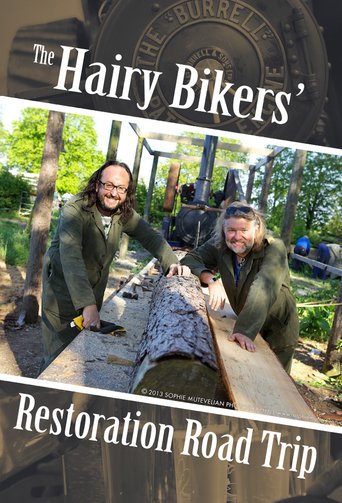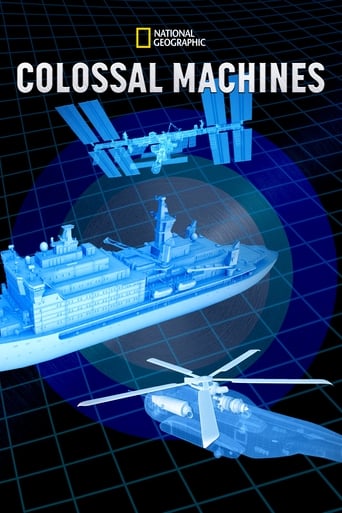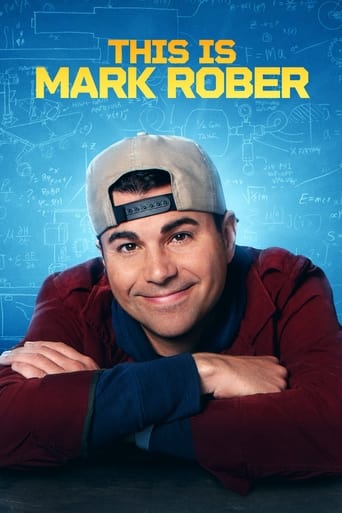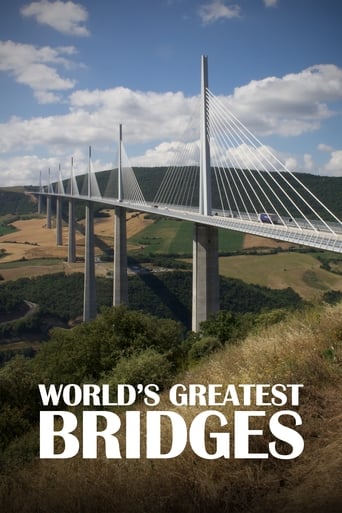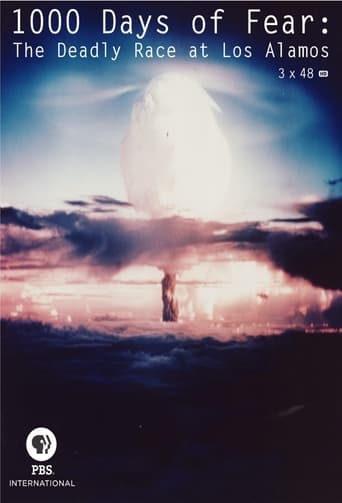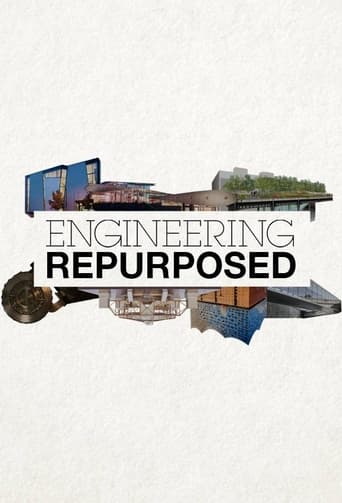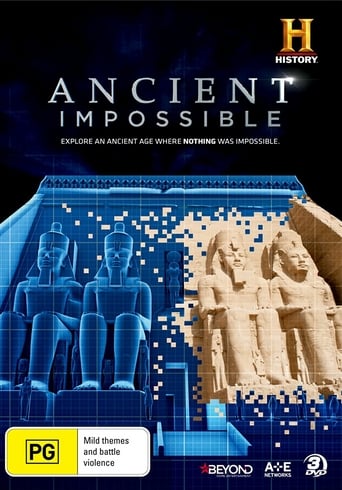Richard Hammond's Engineering Connections Season 3

Richard Hammond looks at the connections behind the greatest feats of engineering.
Watch NowWith 30 Day Free Trial!
Richard Hammond's Engineering Connections
2008 / TV-G

Richard Hammond looks at the connections behind the greatest feats of engineering.
Watch Trailer
With 30 Day Free Trial!
Richard Hammond's Engineering Connections Season 3 Full Episode Guide
Richard Hammond reveals the surprising engineering connections in Japan's Bullet Train, the world's first high speed train. It could not run without ancient charioteers, a crowbar, a medieval clock, the electric telegraph, and a 19th century luxury racing car.
Richard Hammond reveals the engineering connections in NASA's Space Shuttle - the world's first re-usable space craft. He goes backstage at Kennedy Space Centre, in Florida, to discover how an organ pump, tram tracks, a WWII anti-sonar device, a camera iris and a cannonball all helped create the most technologically advanced machine ever engineered by man. Conceived in the early 1970's as the successor to the Apollo Moon missions, the Shuttle is a delivery system, designed to transport payloads such as the Hubble Telescope, and most of the International Space Station, into orbit, and return for its next cargo. The delivery van is the Orbiter - what most people call the Shuttle - which is mated with a huge external fuel tank and rocket boosters which are all jettisoned. Surviving the huge destructive forces of traveling to space and returning in usable form called for ingenious engineering compromises.
Richard Hammond reveals how engineers made one of the longest bridges in the world earthquake-proof. Building a structure almost 3 kilometres long in water 65 metres deep was almost the least of the engineering challenges of bridging the Gulf of Corinth in Greece. The construction would cross one of the most active seismic fault lines in Europe. Defying disaster called for solutions inspired by fragrant Indian incense, the ring-pull in a soda can, a tobbogan, a hammock, and some shiny steel chimneys.
Richard Hammond reveals the ingenious engineering required to transport one of the most potentially hazardous cargoes in the world in some of the biggest vessels afloat. The huge ships, bigger than the Titanic, carry enough fuel to heat a city the size of London for a week - the energy equivalent of 55 Hiroshima atom bombs. Shipping this potentially volatile cargo required engineering solutions inspired by cutlery, mid-air refuelling and fire engines.
Richard Hammond reveals the surprising engineering connections behind the Formula 1 car. The stars of the most glamorous, and expensive sport on earth wouldn't even cross the starting line without inspiration drawn from a revolutionary 19th-century cannon, ancient sailing boats, jet engine fan blades, body armour and a technique practised by blacksmiths for thousands of years.
The Burj Al Arab (Tower of the Arabs) is a luxury hotel located in Dubai, United Arab Emirates. At 321 m (1,053 ft), it is the fourth tallest hotel in the world. The Burj Al Arab stands on an artificial island 280 m (920 ft) out from Jumeirah beach, and is connected to the mainland by a private curving bridge. It is an iconic structure whose shape mimics the sail of a ship.
Free Trial Channels
Seasons


